Closing Remarks of AI for Developing Countries Forum 2024 by Tianze Zhang
Speech by: Tianze Zhang, Chief Representative of CIRID in Vienna

John Schorr once said, “The future is not a place we are going to, but one we are creating.” Over the past two days, we have collectively explored how to shape an AI-empowered future. This future is not predetermined, but one we create through innovation, collaboration, and responsible action.
AI is not merely a technology; it is a force reshaping our world. In this transformative era, developing countries should not be mere spectators or followers, but active participants and innovators. We have the opportunity to leverage AI to address long-standing development challenges, while also carefully navigating the ethical and governance issues that accompany it.
In this productive forum, we have reached the landmark “Vienna Consensus.” This consensus embodies our shared vision for AI development: it must be inclusive, fair, and responsible. As a non-commercial, non-political platform, the AI for Developing Countries Forum brought together over 330 participants from more than 50 countries, including representatives from the private sector, legal community, governments, and UN agencies. We jointly discussed the challenges AI faces in legal, standardization, technical, and ethical aspects, contributing wisdom to building a fairer AI future. The “Vienna Consensus” emphasizes that only by ensuring AI’s transformative power reaches every corner of the globe, especially developing countries, can we truly realize the vision of creating a more equitable world through AI. This is not just a document, but our collective commitment: to turn the concept of fair AI into reality, uplifting and empowering global communities. The “Vienna Consensus” marks an important step on the path of global AI governance, laying a solid foundation for future cooperation.

I would like to extend special thanks to the organizations and individuals who provided invaluable support for this forum. First, our gratitude goes to our executive partner, the Swiss Chinese Law Association, for their tremendous assistance. We also sincerely thank Kubas Kos Gałkowski (KKG), Ruggle Partner, The Competence City, and ACATO GmbH for their strong support. Your contributions have made this forum a success. Even more encouragingly, as of July 15, 2024, the AI for Developing Countries Initiative has received endorsements from approximately 150 NGOs, along with support from numerous private entities and individuals. This fully demonstrates the global society’s shared expectations and determination to build a fair and inclusive AI future. It is with your support that we can steadily advance towards this transformative goal. Let us express our most sincere gratitude for the vision and generous contributions of all supporters. I would also like to extend our most profound thanks to Antigua and Barbuda for making our next forum possible! Your commitment is pivotal in continuing this crucial dialogue on AI for developing countries.
Finally, we know this is just the beginning. We still have much work to do, many issues to discuss, and many consensuses to translate into actionable steps. Therefore, I cordially invite you all to continue this crucial dialogue. On January 27-28, 2025, we will host the third AI for Developing Countries Forum in Geneva. Let us meet there again to share progress, discuss new challenges and opportunities, and further promote cooperation between the public and private sectors. Excitingly, by then, our event will not just be a single forum, but a series of smaller meetings and dialogues surrounding the core forum. These activities will provide more opportunities for in-depth exchanges between businesses and governments, fostering more substantial cooperation. Through this approach, we hope to gradually transform the consensus reached today into tomorrow’s reality, jointly promoting the responsible application and development of AI in developing countries.
In closing, friends, let us work together to create a fairer, more inclusive AI future. Let us ensure that AI development benefits everyone, rather than exacerbating existing inequalities. Let us design AI systems with innovative thinking and empathy, so that they truly serve human needs and values. The future is in our hands. Let us create it with wisdom and courage, ensuring it is a future that benefits all of humanity. Thank you all!
